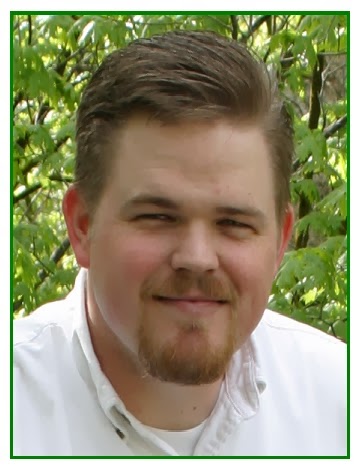Most manufacturing processes take somewhat useless raw materials and turn them into something much more valuable. This is generally done by reshaping the raw material using a variety of different external forces. Simple examples might include extreme temperatures or pressures (or both), imparting very high stresses and strains on the material.
Injection molding is the process by which small pellets of plastic are quickly shaped into an endless variety of products. The cold plastic pellets are fed into a heated barrel, where a precision screw advances the material down the barrel. The screw and barrel work together to melt the material in preparation of forcing the material through a very small hole and into a mold. The cavity of the mold will determine the final shape of the product. The product quickly cools, and is removed from the mold, and the process is repeated. Most of the small common plastic parts you encounter each day are likely injection molded.
Call me strange, but I have often rehearsed what a conversation might sound like between myself and these little pellets of plastic. I am quite convinced that it would be full of complaints and confusion coming from the plastic pellets.
- "Why are you doing this to us?"
- "We are just fine the way we are."
- "Don't you know how much this is going to hurt?"
- "It's too hot!"
- "The pressure is just too much for us to handle."
- "The stress and strain is more than we can take."
And with each complaint, I know how I could respond. After all, if they could just see what I see.
- "Trust me, I know what I am doing."
- "You can take it, I know you can."
- "It wouldn't make sense for me to put you through this if I didn't already know you can do it."
- "It might be hot and stressful, but it will be worth it."
- "If you could see the part you are going to make, you wouldn't be complaining this much."
- "If you could just understand how much worth you will soon have ..."
The entire scenario just seems so obvious from my perspective. I am taking an insignificant handful of pellets, and shaping them into something wonderful. The value of which completely justifies the conditions of the process. In fact, it can't be done any other way. Without the heat, without the pressure, without the stresses and strains, the end result simply can't be achieved. The pellets will experience no change, and no progression in their respective purpose. If I chose to listen to the pellets and relieve them of these extreme conditions, I would be doing them a disservice.
Life ... is no different I think. How often do we, as pellets, find ourselves shaking our fists at the heavens?
- "Why are you going this to me?"
- "I was just fine before things changed."
- "Don't you know how much this hurts?"
- "It's too hot, too much pressure, too much stress, too much strain."
- "I can't take it any longer."
- or the ever popular, "If you loved me, you wouldn't allow this to happen."
And with each confused complaint, a loving Father in Heaven responds in a variety of ways.
- "Trust me, I know what I am doing."
- "You can take it, I know you can."
- "It will be worth it."
- "If you could see what you can become, you wouldn't be complaining this much."
- "If you could just understand your potential and worth ..."
The entire scenario must seem so obvious from His perspective. He is molding us unto something wonderful, the value of which completely justifies the conditions of our existence. In fact, it can't be done any other way. Without the trials, without the disappointments, without the pains, the end results simply can't be achieved. We would experience no change, and no progression.
I believe He has a plan for us. Faith requires us to trust His experience and perspective. I get excited when I think about what He is shaping me to become.
____________________________________________________________________________

R. Dru Laws is Senior Vice President of Seljan Company in Lake Mills Wisconsin, and the Vice President of ARM (Association of Rotational Molding). He just concluded a valuable few years as a global contributing editor to RotoWorld Magazine. Dru has a B.S. in Mechanical Engineering from Brigham Young University, and an MSc in Polymer Engineering from the Queens University of Belfast.

R. Dru Laws is Senior Vice President of Seljan Company in Lake Mills Wisconsin, and the Vice President of ARM (Association of Rotational Molding). He just concluded a valuable few years as a global contributing editor to RotoWorld Magazine. Dru has a B.S. in Mechanical Engineering from Brigham Young University, and an MSc in Polymer Engineering from the Queens University of Belfast.
